D3+K2
$36.99 — or subscribe and save 5%
D3+K2 provides vitamin K2 as menaquinone-7 (MK-7), a highly bioavailable and bioactive form of K2. D3+K2 also features vitamin D3 (cholecalciferol), the identical form in which vitamin D is derived in the body from cholesterol and synthesized by sunlight on the skin. Historical use and numerous studies have demonstrated the efficacy of vitamin K supplements for bone and cardiovascular health.
Description
D3+K2 Key Benefits & Actions:
- Supports Bone Health by Promoting Carboxylation of Bone Proteins
- Supports Cardiovascular Health by Affecting Arterial Calcium Deposits
- Supports Healthy Blood Clotting
Does Not Contain:
Wheat, gluten, soy, animal or dairy products, fish, shellfish, peanuts, tree nuts, egg, ingredients derived from genetically modified organisms (GMOs), artificial colors, artificial sweeteners, or artificial preservatives.
Directions:
Take one capsule daily, preferably at mealtime, or as directed by your healthcare practitioner.
Consult your healthcare practitioner prior to use. Individuals taking medication should discuss potential interactions with their healthcare practitioner.
All Unique Verve Formulas Meet or Exceed cGMP Quality Standards and are manufactured and stored in the temperature and humidity regulated facility in USA.
cGMP = Current Good Manufacturing Practice certification means that every aspect of all Unique Verve manufacturing process has been examined, including laboratory/testing methods (for stability, potency and product formulation)
Made and Packaged in the USA
Supplement Facts:
Serving Size: 1 Capsule
Servings Per Container: 60
Ingredients:
Percent Daily Values (DV) are based on a 2,000 calorie diet.
** Daily Value (DV) not established.
Vitamin D3 (cholecalciferol) : 125 mcg (5000 IU) 625%
Vitamin K2 (as menaquinone-7) : 90 mcg 75%
Other Ingredients:
HPMC (capsule), microcrystalline cellulose, ascorbyl palmitate, and silica.
LEGAL DISCLAIMER
*Disclaimer: Statements made regarding dietary supplements, or products sold through this website have not been evaluated by the Food and Drug Administration. They are not intended to diagnose, treat, cure, or prevent any disease. Consult your healthcare practitioner prior to use. Individuals taking medication should discuss potential interactions with their healthcare practitioner.
Discussion
Naturally occurring vitamin K is found as either K1 (phylloquinone), which is derived from food sources such green leafy vegetables, or K2 (menaquinones). Menaquinones are designated as MK-n, where n denotes the length of the molecule’s aliphatic side chain. Menaquinones are synthesized by bacteria and can be obtained from animal-based and fermented foods. Structural differences between K1 and K2 impact their bioavailability and bioactivity. Furthermore, among menaquinones, menaquinone-7 (MK-7), with its longer side chain, is very hydrophobic. Compared to K1, MK-7’s physiochemical properties make it highly transportable by plasma lipoproteins, increase its extrahepatic (bones, arteries, etc.) availability, and produce its long half-life.
Absorption of K1 from food can be limited due to its membrane-bound nature and the individual consumer’s digestive and absorptive variability. Moreover, adequate consumption of foods high in K2 can be challenging. Therefore, dietary supplementation is an important option. In addition, research suggests that higher levels of menaquinones are needed than were previously thought. Supplementary vitamin K can be found in three forms: synthetic K1; MK-4, which is structurally similar to K1; and natural, long-chain MK-7. Unique Verve provides MK-7 as Vitamk7™, a naturally derived and solvent-free vitamin K2 that has been obtained through a patent-granted biofermentation process of Bacillus subtilis natto cultures.
MK-7 Bioavailability Increases Extrahepatic Tissue Utilization
Schurgers et al conducted human studies to compare the in vivo properties of orally administered K1 and MK-7. The results supported better bioavailability and utilization of MK-7. Expressed as AUC96, MK-7 demonstrated a six-fold better half-life, a seven- to eight-fold higher dose- response level, and a three times higher carboxylated to uncarboxylated osteocalcin ratio (cOC:ucOC†). Furthermore, on a molar basis, MK-7 is a three-to-four times more potent antidote for oral anticoagulation than is K1. Researchers note that, aside from sensitive individuals, “MK-7 supplements containing more than 50 mcg/d may interfere with oral anticoagulant treatment, whereas doses of at least 50 mcg are not likely to affect the INR value in a relevant way.” Nonetheless, practitioners should closely monitor patients taking anticoagulants.*
While studies on the absorption and bioavailability of MK-4 at nutritional levels (i.e., doses of 500 mcg/d or lower) suggest less efficacy compared to longer-chain menaquinones at similar doses, this remains subject to debate. It is possible that rapid uptake of MK-4 could account for its observed lack of detection in serum after oral administration, but more studies are needed for clarification.
Bone Benefits
Among the dietary factors critical to bone health, vitamin K has emerged as a key player. Vitamin K is believed to be necessary for bone mineralization. Through carboxylation, vitamin K activates osteocalcin, the protein needed to bind calcium to the mineral matrix in bone. Several studies have demonstrated the efficacy of MK-7 (e.g., doses of 45-90 mcg/d) to increase osteocalcin carboxylation and to increase the cOC:ucOC ratio. A high cOC:ucOC ratio is associated with bone health. A recent in vitro study also showed an osteogenic effect of MK-7 administration on human mesenchymal cell differentiation. In addition, the vitamin may protect bone integrity by reducing the synthesis of prostaglandin E2 or interleukin-6 by osteoclasts. Animal and human studies have demonstrated a significant beneficial effect of MK-7 supplementation on bone health. Vitamin K and vitamin D share some similar characteristics and are believed to act synergistically.
Cardiovascular and Other Health Benefits
Vitamin K benefits cardiovascular health by participating in the carboxylation of matrix GLA protein (MGP), a protein regarded to be the most potent inhibitor of arterial calcification. Researchers have demonstrated that supplementation with vitamin K reduces arterial calcium deposits and that long-term intake of long-chain menaquinones is inversely correlated with calcium accumulation in arteries.
Vitamin K has specific receptor binding sites that allow it to regulate gene activity. Besides its gene-mediating effects upon critical proteins, the vitamin can also bind with the steroid and xenobiotic receptors and influence their expression. In addition, vitamin K also demonstrates antioxidant activity; reduces levels of certain markers, such as acute phase reactants (e.g., C-reactive protein); and participates in the induction of apoptosis.
Vitamin D (as D3)
Although vitamin D3 (cholecalciferol) is made in the skin when 7-dehydrocholesterol reacts with sunlight, many things affect the degree to which this biosynthesis occurs, including time of day, seasons, location, smog/pollution, clothing, shade of skin (darker skin requires more sun), and sunscreen use. Low-cholesterol diets and certain cholesteol therapies can also affect vitamin D formation. By some estimates, one billion people worldwide have vitamin D deficiency or insufficiency. Importance of vitamin D in skeletal health and bone density is well-established. Without adequate absorption, the body must take calcium from its stores in the skeleton, which weakens existing bone and prevents the formation of strong, new bone. Researchers suggest that vitamin D supplementation may decrease bone turnover and increase bone mineral density.A pooled analysis evaluating 11 randomized, double-blind, placebo-controlled trials supported this analysis. It concluded that vitamin D supplementation (> 800 IU daily) was favorable in maintaining hip and nonvertebral bone integrity in individuals aged 65 and older.
Although D2 and D3 are similar biochemically, one study demonstrated D3 to be approximately 87% more potent in raising and maintaining serum calcidiol (the body’s storage form) concentrations and in producing two- to threefold greater storage of vitamin D than did equimolar D2.
†The cOC:ucOC ratio can be usedas a terminant of vitamin K status.
REFERENCES
- Olive oil supplemented with menaquinone-7 significantly affects osteocalcin carboxylation: https://pubmed.ncbi.nlm.nih.gov/21736837/
- Vitamin K-containing dietary supplements: comparison of synthetic vitamin K1 and natto-derived menaquinone-7: https://pubmed.ncbi.nlm.nih.gov/17158229/
- High dietary menaquinone intake is associated with reduced coronary calcification: https://pubmed.ncbi.nlm.nih.gov/18722618/
- Comparison of menaquinone-4 and menaquinone-7 bioavailability in healthy women: https://nutritionj.biomedcentral.com/articles/10.1186/1475-2891-11-93
- Differential lipoprotein transport pathways of K-vitamins in healthy subjects:https://pubmed.ncbi.nlm.nih.gov/11960685/
- Vitamin MK-7 enhances vitamin D3-induced osteogenesis in hMSCs: modulation of key effectors in mineralization and vascularization: https://pubmed.ncbi.nlm.nih.gov/23109511/
- Effect of vitamin K2 (menaquinone-7) in fermented soybean (natto) on bone loss in ovariectomized rats: https://pubmed.ncbi.nlm.nih.gov/10084398/
- Three-year low-dose menaquinone-7 supplementation helps decrease bone loss in healthy postmenopausal women: https://pubmed.ncbi.nlm.nih.gov/23525894/
- Changes in parameters of bone metabolism in postmenopausal women following a 12-month intervention period using dairy products enriched with calcium, vitamin D, and phylloquinone (vitamin K(1))or menaquinone-7 (vitamin K (2)): the Postmenopausal Health Study:https://pubmed.ncbi.nlm.nih.gov/22392526/
- Two-year randomized controlled trial of vitamin K1 (phylloquinone) and vitamin D3 plus calcium on the bone health of older women: https://pubmed.ncbi.nlm.nih.gov/17243866/
- Dietary intake of menaquinone is associated with a reduced risk of coronary heart disease: https://pubmed.ncbi.nlm.nih.gov/15514282/
- Vitamin K induces osteoblast differentiation through pregnane X receptor-mediated transcriptional control of the Msx2 gene: https://pubmed.ncbi.nlm.nih.gov/17875939/
- Vitamin K function mediated by activation of steroid and xenobiotic receptor: https://pubmed.ncbi.nlm.nih.gov/19949268/
- The potent antioxidant activity of the vitamin K cycle in microsomal lipid peroxidation: https://pubmed.ncbi.nlm.nih.gov/9354587/
- Vitamin K and vitamin D status: associations with inflammatory markers in the Framingham Offspring Study: https://pubmed.ncbi.nlm.nih.gov/18006902/
- Vitamin K2 modulates differentiation and apoptosis of both myeloid and erythroid lineages: https://pubmed.ncbi.nlm.nih.gov/20887388/
- Factors influencing vitamin d status: https://pubmed.ncbi.nlm.nih.gov/21384086/
- A pooled analysis of vitamin D dose requirements for fracture prevention: https://www.nejm.org/doi/full/10.1056/NEJMoa1109617
- Vitamin D3 is more potent than vitamin D2 in humans: https://pubmed.ncbi.nlm.nih.gov/21177785/
Only logged in customers who have purchased this product may leave a review.



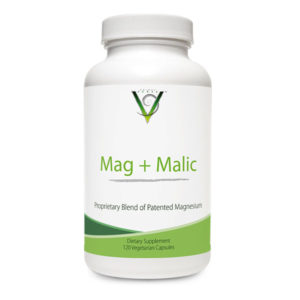
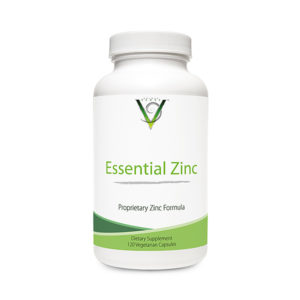
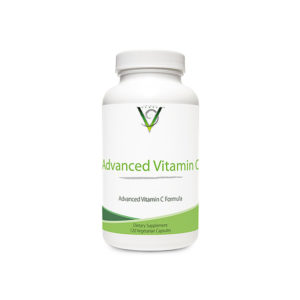
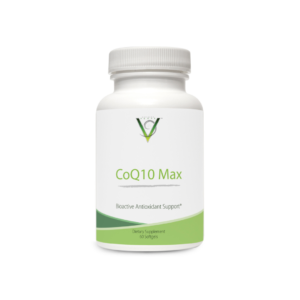
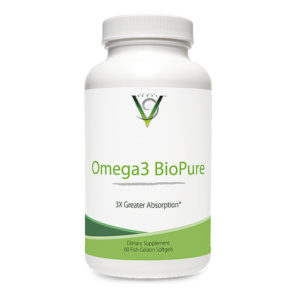
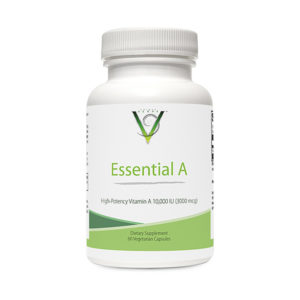
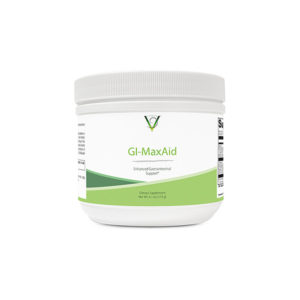
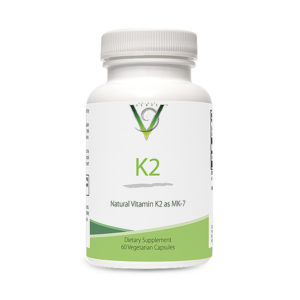
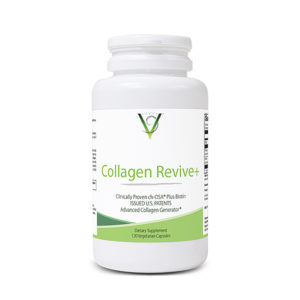
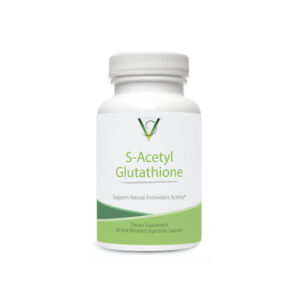
Reviews
There are no reviews yet